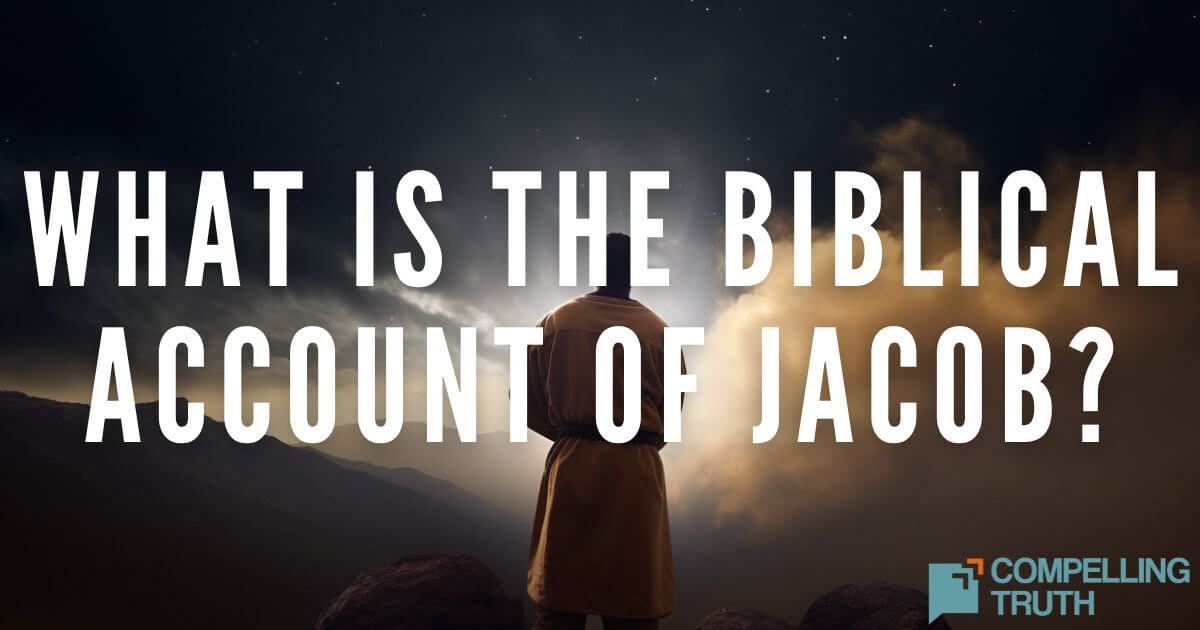what does the bible say?
Rachel, the younger sister of Leah and daughter of Laban, became the second wife of Jacob. Jacob, the grandson of Abraham, tricked his father into giving him his brother Esau's blessing and sought refuge with Laban, Rachel's father. Laban agreed to let Jacob marry Rachel after seven years of work, but he deceitfully substituted Leah on the wedding day, leading to Jacob marrying both sisters. Jacob favored Rachel, but she initially struggled with infertility while Leah bore him sons. Rachel eventually gave birth to Joseph, who became Jacob's favorite and played a significant role in saving his family during a famine. Rachel died giving birth to Benjamin, and her grief is referenced in the New Testament as a symbol of the mourning of mothers during times of tragedy.




